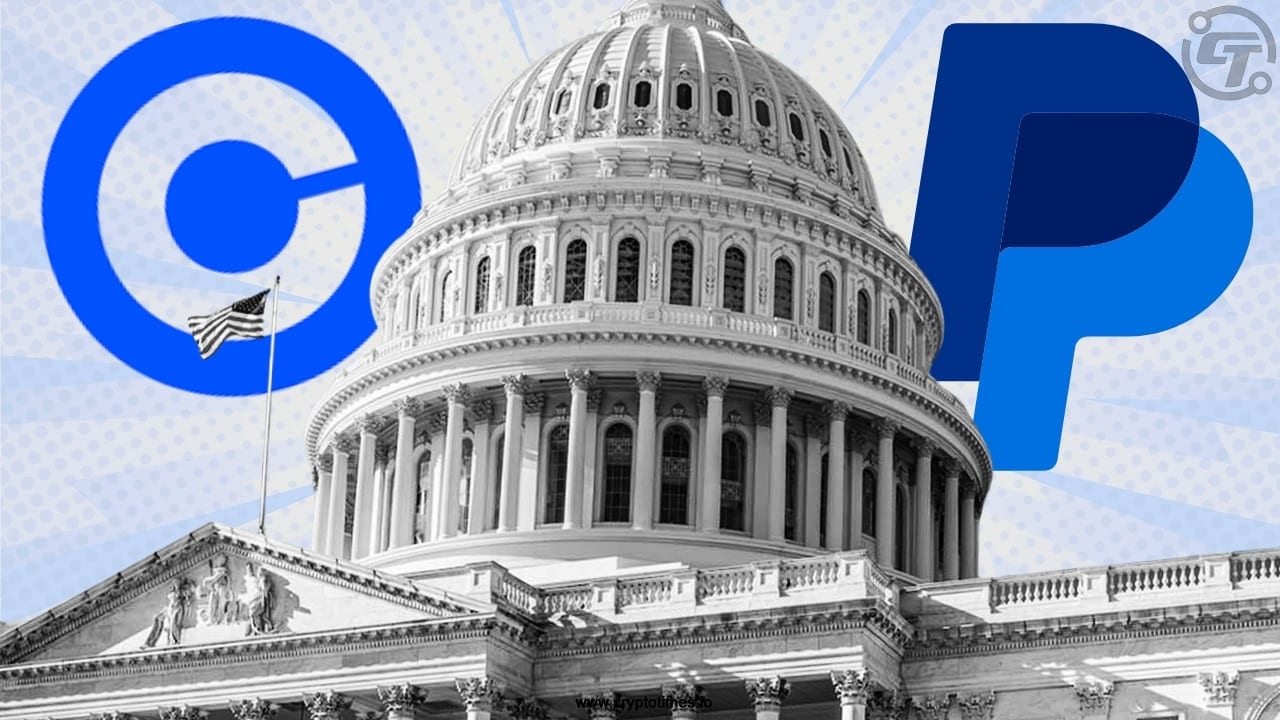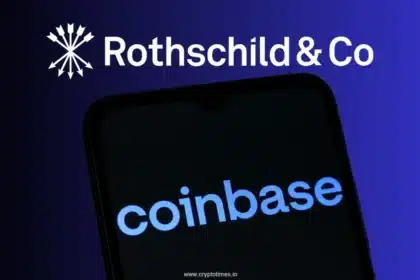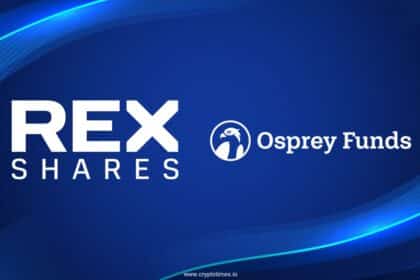Coinbase and PayPal are still giving users returns on their stablecoin balances, even though the new GENIUS Act bans stablecoin issuers from offering interest or passive income. Signed into law last month, the GENIUS Act (Guiding and Establishing National Innovation for U.S. Stablecoins Act) provides a legal framework for regulated stablecoins in the U.S.
The law bans issuers from giving interest or rewards, since lawmakers want stablecoins to be used just for payments, not treated like investments. Yet both Coinbase and PayPal have found a legal workaround. They aren’t the issuers.
During Coinbase’s Q2 earnings call last week, CEO Brian Armstrong informed shareholders that the company will continue to offer 4.1% annual rewards on USDC, one of the most widely used dollar-backed stablecoins. Armstrong explained that Coinbase does not issue USDC, and that what it offers are “rewards,” not interest.
USDC is issued by Circle, not Coinbase. Although both companies co-developed the token, Coinbase formally exited its issuer role in 2023, allowing it to continue incentives without falling under the new law’s restrictions.
PayPal made a similar case. Its stablecoin, PYUSD, offers users 3.7% annual returns via PayPal and Venmo. Though the coin is branded and promoted by PayPal, the actual issuer is Paxos, a regulated financial firm. On its latest earnings call, PayPal CEO James Alexander Chriss described rewards as a key product feature that helps bring new users to the platform.
A Senate staffer familiar with the bill said that the GENIUS Act was intentionally narrow. The law targets only issuers, not payment platforms or secondary market actors, to avoid classifying stablecoins like bank deposits.
While critics argue that these rewards are interest in disguise, the companies maintain they are operating fully within legal boundaries. Regulators might step in later if these rewards become too large to raise concerns or start blurring the line between payments and investments. But for now, Coinbase and PayPal are moving full steam ahead, offering returns while staying just outside the legal line.
Also Read: PayPal Launches ‘Pay with Crypto’ for U.S. Merchants











